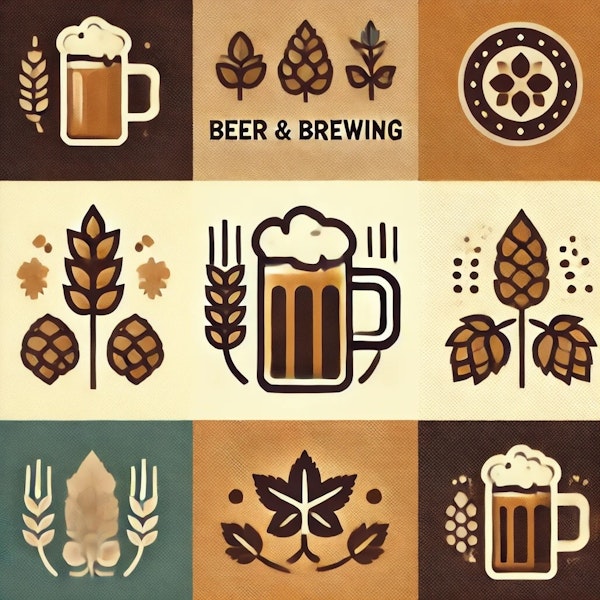
Once nearly extinct, both American and German breweries have saved this beer style, which can now be found on any number of tap lists and shelves. That's a wonderful thing, because it can be a fantastic beer.
What's the difference between porter and stout? long, quiet eras in brewing history have washed out the distinctions between the two styles, insofar as they ever were significantly different to begin with. Josh Weikert wades into to dark waters.
White Stout is a style that confuses some, enrages others, and gets a lot of brewers very excited. You can call it a lot of things, but the white stout is not only a style but also a playground for making interesting, flavorful beers.
Some brewing isn't really about entering competitions and winning awards but submitting your beer for the anonymous evaluation that competitions offer is usually a sound idea. But if you're going to enter, you might as well try to win. Here's some tips.
Doppelsticke, as its name implies, is a "doubled" version of the Sticke, making it something akin to a German Barleywine.
Smoked malts can be touchy to work with. For one thing, not every batch of smoked malt is identical, even when comprised of the same grain and smoked with the same wood. Dive into this specialty grain with our homebrewing columnist to learn more.
This recipe will serve you well as a faithful Red IPA that avoids the pitfalls of the style while amplifying its virtues.
Our homebrewing columnist, Josh Weikert, offers this recipe for a beer that is low-alcohol, delicate, and lightly flavored. Rather than being an American mass-produced lager it is, instead, a modern take on a traditional German style
With a wide array of flavors that are imparted by simply using different malts and grain, the flavors in beer have never been more specific or diverse. From light and sweet flavors, to roast and smoke, the flavors in between continuously delight the palate
Color is vitally important to the visual experience of enjoying a beer. The malt and grain bill in recipes also imparts flavor, aroma, and mouthfeel. Let's dive a little deeper into the subject, and realize there’s great complexity in the ordinary.